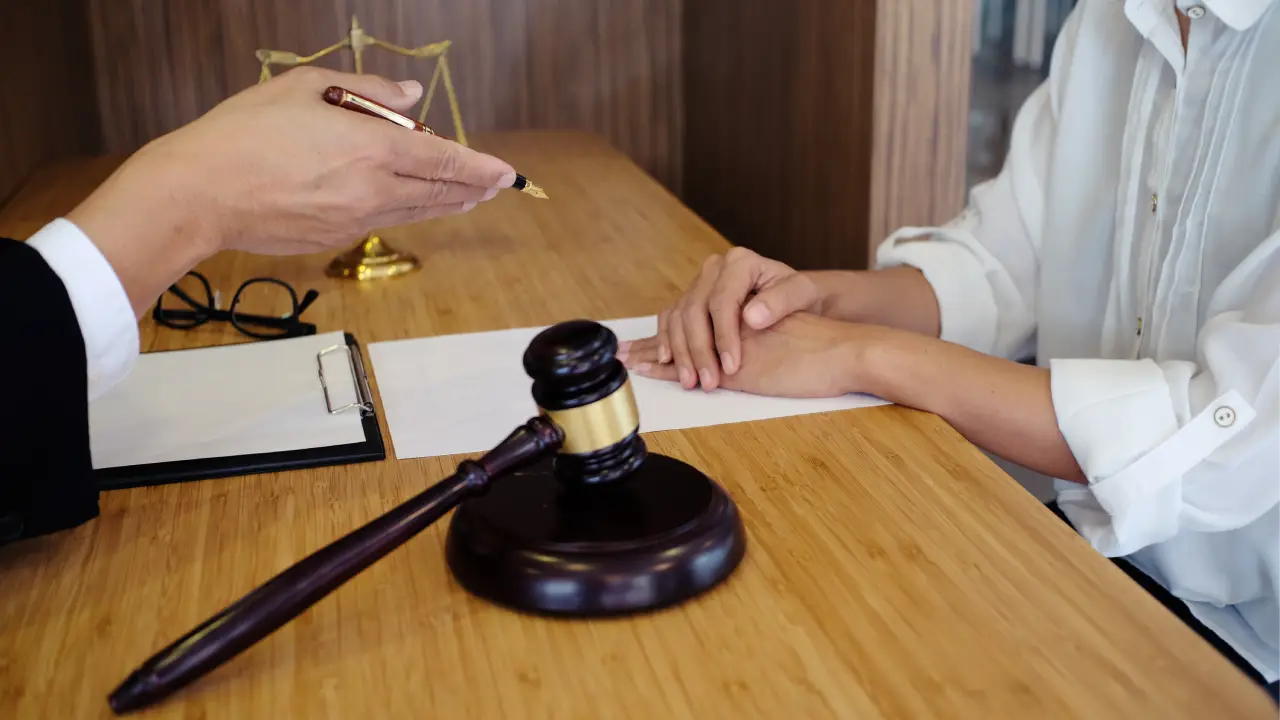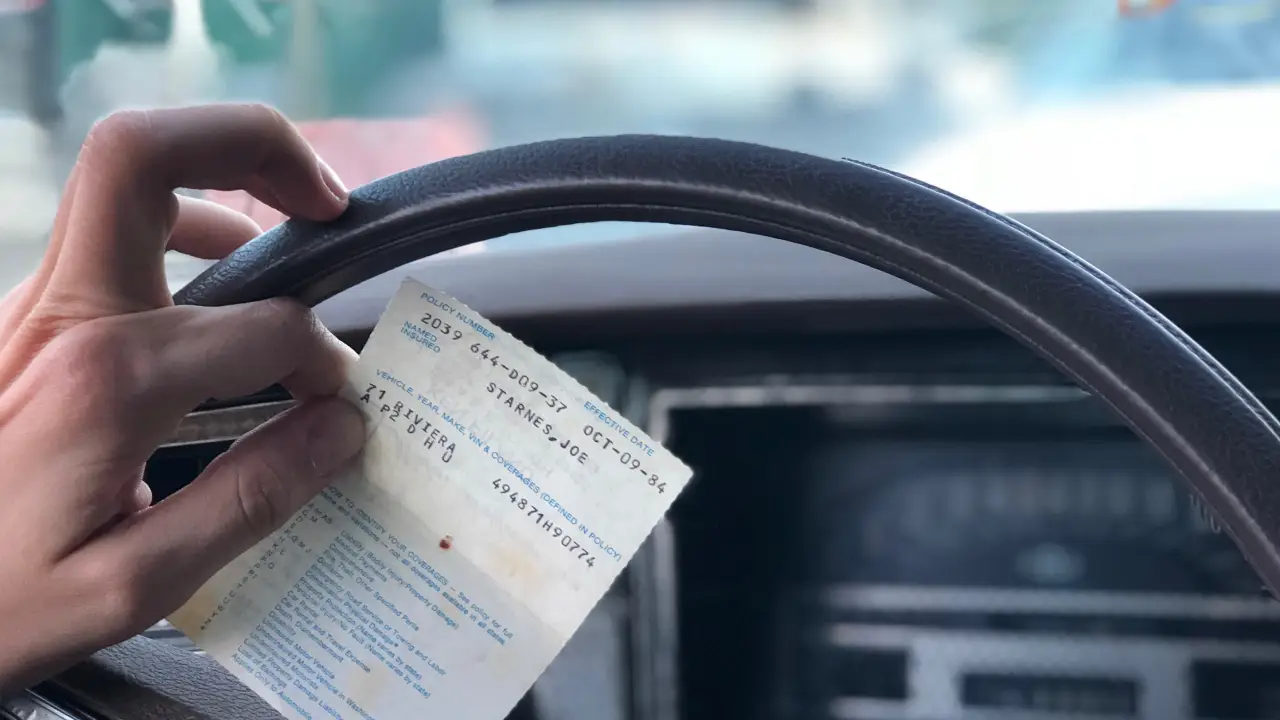7 Rapid Ways to Get Results in Small Claims Court
Wed Nov 2025

When conflicts arise between individuals or businesses, many may not require a full trial in a higher court. Instead, these matters are often resolved through the Small Claims Court in Brampton, which provides a streamlined process for resolving certain civil disputes involving smaller amounts of money. With a cap of $35,000, this court is accessible to those who need a fair and efficient resolution without the complications of a full-scale lawsuit.
This guide outlines five common types of disputes handled in Small Claims Court in Brampton, offering insight into the kinds of issues that can be brought forward and what individuals should know before pursuing a claim.
The Small Claims Court in Brampton is a division of the Ontario Superior Court of Justice. It deals with civil matters involving money or the recovery of personal property valued at up to $35,000, not including interest or legal costs. The process is designed to be straightforward and efficient, making it more accessible to the public, including those who may not have legal representation.
Unlike higher courts, the small claims process is simplified. Hearings are less formal, and the rules of evidence are more relaxed. This allows for quicker resolution of matters while maintaining fairness and accountability. However, proper preparation is still necessary, especially when it comes to presenting evidence, drafting documents, and understanding deadlines.
Many individuals and businesses in the Brampton area turn to the Small Claims Court in Brampton for various reasons:
Because of its practical structure, this court handles a wide variety of matters. Below are five of the most frequent types of disputes brought before it.
One of the most common reasons people approach Small Claims Court in Brampton is to recover unpaid debts. These can include:
For example, a contractor may have provided home repair services but was never paid in full. With documentation such as signed agreements, email correspondence, or proof of services rendered, they can file a claim seeking the amount owed.
Similarly, personal loans between friends or family members when backed by written or even verbal agreements can become the subject of claims if repayment is not honored.
Claims involving physical damage to personal property also fall under the jurisdiction of Small Claims Court in Brampton. Common cases include:
For example, if a neighbor’s tree falls and damages someone’s fence, and the owner refuses to compensate for the loss, the affected party may take the matter to small claims court.
To support such a claim, photographic evidence, repair estimates, or expert opinions may be presented to validate the cost of damages and establish liability.
Contracts whether written or verbal can lead to legal issues if one party fails to meet their obligations. Breach of contract disputes are routinely addressed in the Small Claims Court in Brampton, including situations like:
These cases typically require the claimant to prove that a contract existed, that they met their obligations, and that the other party failed to perform as agreed. Copies of contracts, receipts, and records of communication are valuable in demonstrating these points.
Although many employment matters fall under other tribunals or higher courts, the Small Claims Court in Brampton can still hear specific types of employment-related disputes, especially if they relate to:
An employee may seek compensation for work completed that remains unpaid after leaving a job. If the claim is under $35,000 and doesn’t fall under the Employment Standards Act, the court can address it.
Employers, in contrast, may use the small claims process to recover money they believe was overpaid to a former employee or to seek compensation for company property that was not returned.
While many landlord-tenant issues are addressed by the Landlord and Tenant Board (LTB), the Small Claims Court in Brampton still deals with monetary claims arising after a tenancy has ended. These may include:
These cases are especially common when landlords believe the cost of damage exceeds what was covered by a security deposit or when tenants contest deductions. Receipts, move-in/move-out inspection forms, and repair estimates can help either side support their position.
Preparation is key when bringing a case to the Small Claims Court in Brampton. Individuals should:
Though self-representation is allowed, working with a licensed paralegal can help simplify the process and increase clarity in preparing a claim or defense.
While many aspects of Small Claims Court in Brampton are designed to be straightforward, navigating the system can still be challenging, especially when the other party contests the claim or when the matter involves complex documentation.
Experienced legal professionals can help in the following ways:
If you're unsure whether your dispute fits the scope of the court, getting professional input can make a difference in how efficiently your case proceeds.
Understanding what types of disputes are handled by the Small Claims Court in Brampton helps individuals and businesses decide the right course of action when a disagreement arises. From unpaid debts to contract breaches, this forum allows people to seek accountability in a relatively accessible and cost-effective way.
When assistance is needed, firms such as RG Notary & Legal Services offer direction and representation to help clients through the process with clarity and professionalism.










